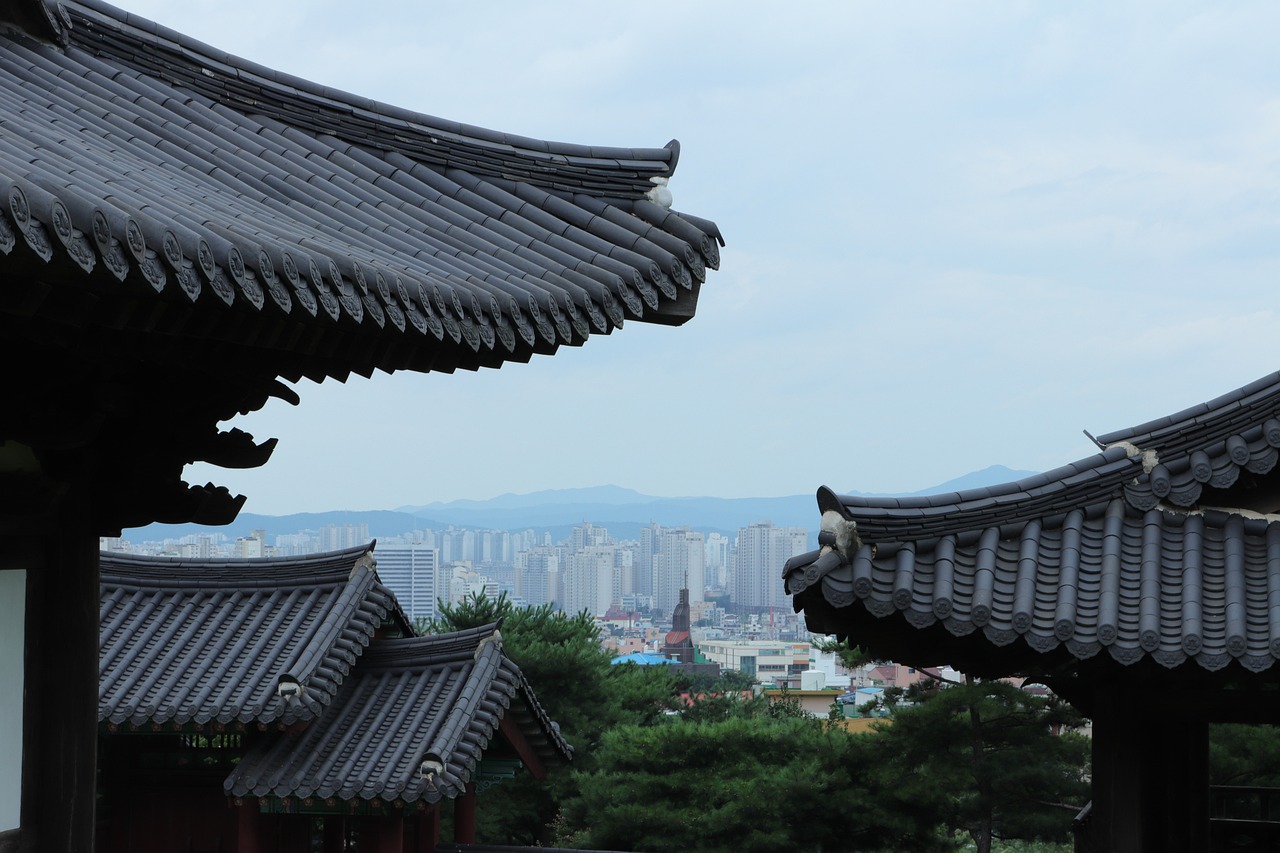South Korea Video
Emergency Services: What to Know While in South Korea
South Korea is a beautiful country known for its rich history, vibrant culture, and technological advancements. While visiting or residing in South Korea, it’s essential to be aware of the emergency services available to ensure your safety and well-being. This article will provide you with detailed information about the emergency services in South Korea, including contact numbers, procedures, and important tips to remember.
Medical Services
Medical emergencies can happen unexpectedly, and it’s crucial to know how to access medical assistance in South Korea. Here are some key points to remember:
- Emergency Medical Services (EMS): In case of a medical emergency, dial 119 to contact the EMS. They provide ambulance services and can dispatch medical professionals to the scene.
- Hospitals and Clinics: South Korea has a robust healthcare system with numerous hospitals and clinics throughout the country. In non-emergency situations, it’s advisable to visit a nearby hospital or clinic for medical attention.
- Pharmacies: Pharmacies, known as “약국” (yakguk) in Korean, are easily accessible and provide over-the-counter medications. They can also assist in filling prescriptions.
The EMS operates 24/7 and is well-equipped to handle various emergencies, including accidents, injuries, and illnesses.
Major cities in South Korea have international clinics that cater to foreigners and provide services in multiple languages.
Pharmacies typically operate during regular business hours, but some may offer 24-hour services in larger cities.
Police Services
In case of emergencies related to crime, accidents, or safety concerns, you can rely on the police services in South Korea. Here’s what you need to know:
- Emergency Police Line: To report a crime or seek immediate police assistance, dial 112. This number is accessible nationwide and operates 24/7.
- Non-Emergency Police Line: For non-emergency situations or general inquiries, you can contact the local police station directly. The contact information for the nearest police station can be found online or in local directories.
- Tourist Police: In popular tourist areas, you may find tourist police officers who specialize in assisting foreigners. They can provide guidance, support, and translation services.
The emergency police line can dispatch officers to the scene or provide guidance on the necessary steps to take.
It’s advisable to have a basic understanding of Korean or seek assistance from someone who can communicate effectively with the police.
The tourist police can be recognized by their distinctive uniforms and are often fluent in multiple languages.
Fire Services
During fire emergencies or situations requiring rescue operations, the fire services in South Korea play a vital role. Here’s what you should know:
- Emergency Fire Line: To report a fire or request assistance, dial 119. The emergency fire line is accessible nationwide and operates 24/7.
- Fire Safety: It’s important to familiarize yourself with fire safety measures and evacuation procedures, especially if you’re staying in a hotel or residential building.
- Fire Prevention: To prevent fire incidents, exercise caution when handling flammable materials, smoking, or using electrical appliances.
When calling 119, provide accurate information about the location and nature of the emergency to ensure a prompt response.
Pay attention to fire escape routes, fire extinguishers, and emergency exits. Follow instructions from authorities during fire drills or actual emergencies.
Adhere to safety guidelines and regulations, and report any potential fire hazards to the appropriate authorities.
Natural Disaster Services
South Korea is occasionally affected by natural disasters such as typhoons, earthquakes, and heavy rainfall. Here’s what you need to know:
- National Emergency Management Agency (NEMA): The NEMA is responsible for coordinating disaster management efforts in South Korea. They provide information, warnings, and guidance during natural disasters.
- Typhoon Warnings: South Korea experiences typhoons, especially during the summer and early autumn months. Pay attention to typhoon warnings issued by the Korea Meteorological Administration.
- Earthquake Preparedness: Although earthquakes are relatively rare in South Korea, it’s important to be prepared. Familiarize yourself with earthquake safety measures and know the nearest evacuation routes.
Stay updated with NEMA advisories through their official website or local news channels. Follow their instructions to ensure your safety.
During typhoons, avoid coastal areas, secure loose objects, and follow evacuation orders if necessary.
During an earthquake, take cover under sturdy furniture, stay away from windows, and be cautious of falling objects.
Conclusion
Being aware of the emergency services in South Korea is essential for your safety and peace of mind while in the country. Remember the emergency contact numbers, understand the procedures, and follow the guidance provided by the respective services. By staying informed and prepared, you can navigate any emergency situation with confidence.
References
– Korea Tourism Organization (kto.visitkorea.or.kr)
– National Emergency Management Agency (www.nema.go.kr)
– Ministry of Health and Welfare (www.mohw.go.kr)
– Korea National Police Agency (www.police.go.kr)


